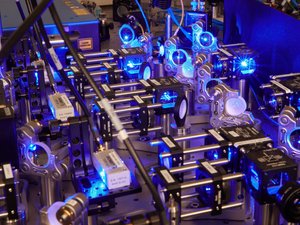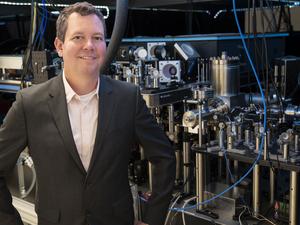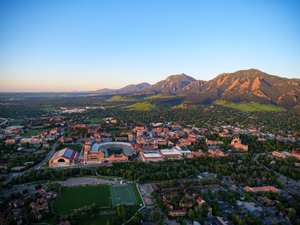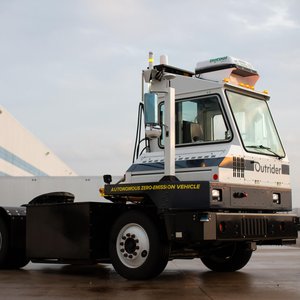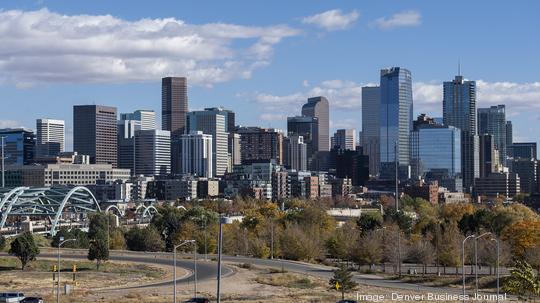
As Colorado celebrated a successful bid to become a designated U.S. technology hub, hundreds of other places across the country — including Sacramento, California; St. Louis and Raleigh, North Carolina — didn't make the cut.
Colorado was among 31 places the Biden Administration recently designated as a Regional Tech Hub under the CHIPS and Science Act, which comes with the opportunity to compete for millions in federal funding.
The tech hubs program is designed to invest in regions across the U.S., putting dollars behind geographies outside of well-established locations like Silicon Valley and Boston.
Colorado won its tech hub bid with a proposal called Elevate Quantum Colorado to strengthen the state's quantum information technology industry, including its workforce. The Centennial State was selected from a pool of more than 370 applicants across 49 states.
Colorado was one of two areas designated as a quantum tech hub. The other is a regional hub in Illinois, Indiana and Wisconsin focused on quantum computing and communications.
The administration is expected to select five to 10 of the designated hubs to receive up to $75 million each.
Tech hub proposals that didn't make the cut
These are just some of the places that submitted tech hub proposals and weren't selected as designated hubs.
- Albany, New York: Rensselaer Polytechnic Institute led a bid to be a hub focused on biomanufacturing. Although it wasn't successful, New York landed two other tech hub designations for semiconductor manufacturing and battery development and manufacturing.
- Columbus, Ohio: A coalition in central and southeast Ohio sought to be chosen as a semiconductor tech hub.
- Pittsburgh: An initiative led by the University of Pittsburgh and an organization called InnovatePGH sought to create a tech hub leveraging advanced manufacturing, life sciences and artificial intelligence.
- Raleigh, North Carolina: A group near North Carolina's Research Triangle was looking to have the region designated as a hub for advanced communications and immersive technologies.
- Sacramento, California: California State University, Sacramento submitted a bid to become a hub for zero-emission vehicle technologies. However, none of the winning tech hubs were in California.
- St. Louis: A St. Louis consortium led by nonprofit startup investor BioSTL would have focused on a field called "multi-omics." Although it wasn't selected, two of the winning hubs were in other parts of Missouri for mineral processing and vaccine-related biologics and manufacturing.
- Tampa, Florida: The University of South Florida led a failed effort to have the Tampa Bay region designated as a cybersecurity tech hub. However, the Miami area was named a tech hub for sustainable and climate-resilient infrastructure.
